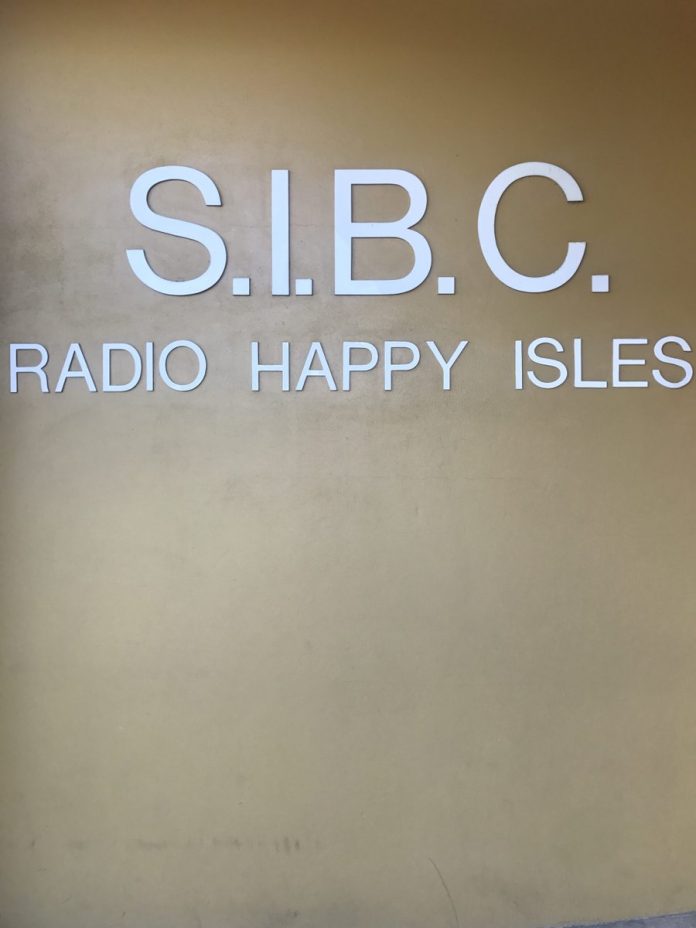The Solomon Islands’ government has prompted outrage by ordering the censorship of the national broadcaster, forbidding it from publishing material critical of the government, which will vet all stories before broadcast.
On Monday the government announced that the Solomon Islands Broadcasting Corporation (SIBC), a public service broadcaster established in 1976 by an act of parliament, would be brought under government control.
The broadcaster, which puts out radio programmes, TV bulletins and online news, is the only way to receive immediate news for people in many remote areas of the country and plays a vital role in natural disaster management.
Staff at SIBC confirmed to the Guardian that as of Monday, all news and programmes would be vetted by a government representative before broadcast.
The development has prompted outrage and raised grave concerns about freedom of the press.
“It’s very sad that media has been curtailed, this means we are moving away from democratic principles,” said Julian Maka, the premier for Makira/Ulawa province, who formerly worked at SIBC for 21 years, including as programmes manager and current affairs head.
“It is not healthy for the country, especially for people in the rural areas who need to have balanced views available to them.”
The International Federation of Journalists (IFJ) said: “The censoring of the Solomon Islands’ national broadcaster is an assault on press freedom and an unacceptable development for journalists, the public, and the democratic political process. The IFJ calls for the immediate reinstatement of independent broadcasting arrangements in the Solomon Islands.”
The restrictions follow what the prime minister, Manasseh Sogavare, has called biased reporting and news causing disunity.
The opposition leader, Matthew Wale, has requested a meeting with the executive of the Media Association of Solomon Islands (MASI) to discuss the situation.
There have been growing concerns about press freedom in Solomon Islands, particularly in the wake of the signing of the controversial security deal with China in May. Observers are concerned that Pacific leaders may emulate China’s approach to press freedom and transparency.
During the marathon tour of the Pacific conducted by China’s foreign minister, Wang Yi, Pacific journalists were not permitted to ask him questions and in some cases reported being blocked from events, having Chinese officials block their camera shots, and having media accreditation revoked for no reason.
At Wang’s first stop in Solomon Islands, MASI boycotted coverage of the visit because many journalists were blocked from attending his press conference. Covid-19 restrictions were cited as the reason.
Sogavare’s office was contacted for comment.
SOURCE: THE GUARDIAN/PACNEWS














